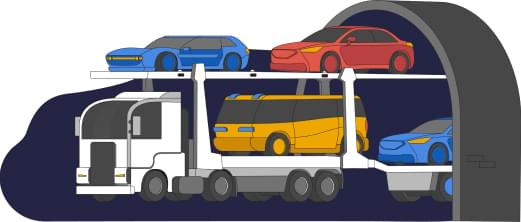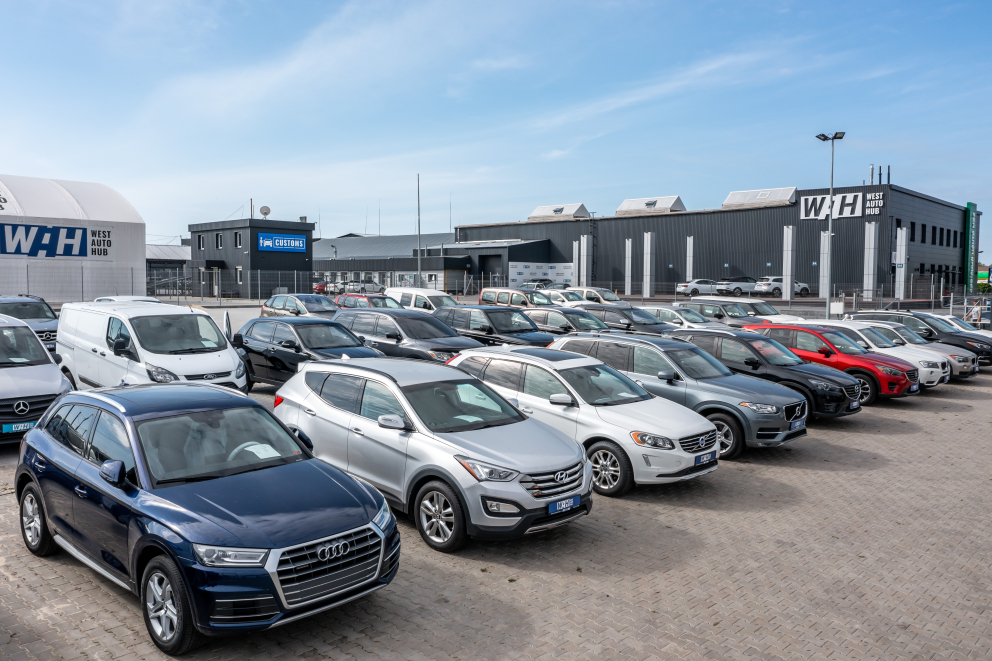Used car vs new car: which is more profitable in 2025?
Choosing between a new and used car always raises many questions. In 2025, the situation on the automotive market is changing: prices are rising, customs regulations are changing, and electric cars are gradually taking up a larger share of sales. Is it worth investing in a new car, or is it better to look for a proven option with mileage?
Will used cars become more expensive in 2025?
The used car market is undergoing significant changes. The main factors influencing used car prices in 2025 are:
- Customs restrictions and taxes. The military duty on car imports, introduced in 2024, remains in effect, making used cars from abroad more expensive.
- Demand for affordable models. Many Ukrainians are looking for budget cars, which increases demand and, accordingly, prices.
- New car shortage: Some brands are cutting production due to component supply issues, forcing buyers to turn to the used car market.
- The popularity of electric vehicles. Some owners of internal combustion engines are selling their cars to switch to electric cars, which may cause a price adjustment.
Conclusion: Used cars will not become cheaper in 2025. The most popular models may even become more expensive, especially those with a reliable reputation and low fuel consumption.
Which brands depreciate the least?
The residual value of a car depends on many factors: brand reputation, reliability, demand in the secondary market. Here are the car brands that will lose the least in value in 2025:
- Toyota. High build quality, reliable engines, and popularity among buyers.
- Honda. Holds value well due to economical engines and minimal maintenance costs.
- Volkswagen. Popular models such as the Golf and Passat remain in demand even after 5-7 years of operation.
- Mazda. They have good dynamics, stylish design, and are still in demand on the secondary market.
- BMW. Although more expensive to repair, premium models like the X5 and 3-Series hold their price well.
These brands have a reputation for being reliable and can be easily sold after a few years without significant loss in value.
What is more profitable: a new car or a used one?
Let's compare both options by key parameters. When is it more profitable to buy a new car ?
- If there is an opportunity to purchase on credit or lease on favorable terms.
- If you plan to use the car for 5+ years .
- If a warranty and minimal repair costs are important.
When is it more profitable to buy a used car ?
- If you need a car for 1-3 years of use .
- If possible, find a model with a proven history .
- If the budget is limited and you need a car urgently.
Conclusion: Used cars will remain a viable alternative in 2025, especially if you find a model with good technical condition and a transparent history. However, buying a new car is justified for those who plan long-term operation and do not want to take risks.

TOP-5 most profitable car options in 2025
If you are looking for a good balance of price, quality and liquidity, pay attention to these models:
- Toyota Corolla (petrol, hybrid) One of the most reliable cars in the world. Fuel consumption is low, maintenance is affordable, and it holds its price well on the secondary market.
- Volkswagen Golf (petrol, diesel) A compact hatchback with quality build, economical engines and high residual value.
- Honda CR-V (petrol, hybrid) A popular crossover with a spacious interior and good fuel consumption.
- Mazda 6 (petrol) An elegant sedan with a sporty design, a powerful engine and good endurance characteristics.
- BMW X3 (diesel, gasoline) A premium crossover that holds its price well even after 5 years of operation. Reliable, comfortable and versatile.
Conclusion: Which car is more profitable in 2025?
If you're on a tight budget or need a car for a short period of time, it's better to look at used cars. They don't lose value as quickly, and the choice of models remains wide.
If you plan to use your car for more than five years and want to minimize repair costs, then a new car will be the best choice.
The main thing is to carefully assess your budget, take into account your needs, and calculate the long-term benefit.

